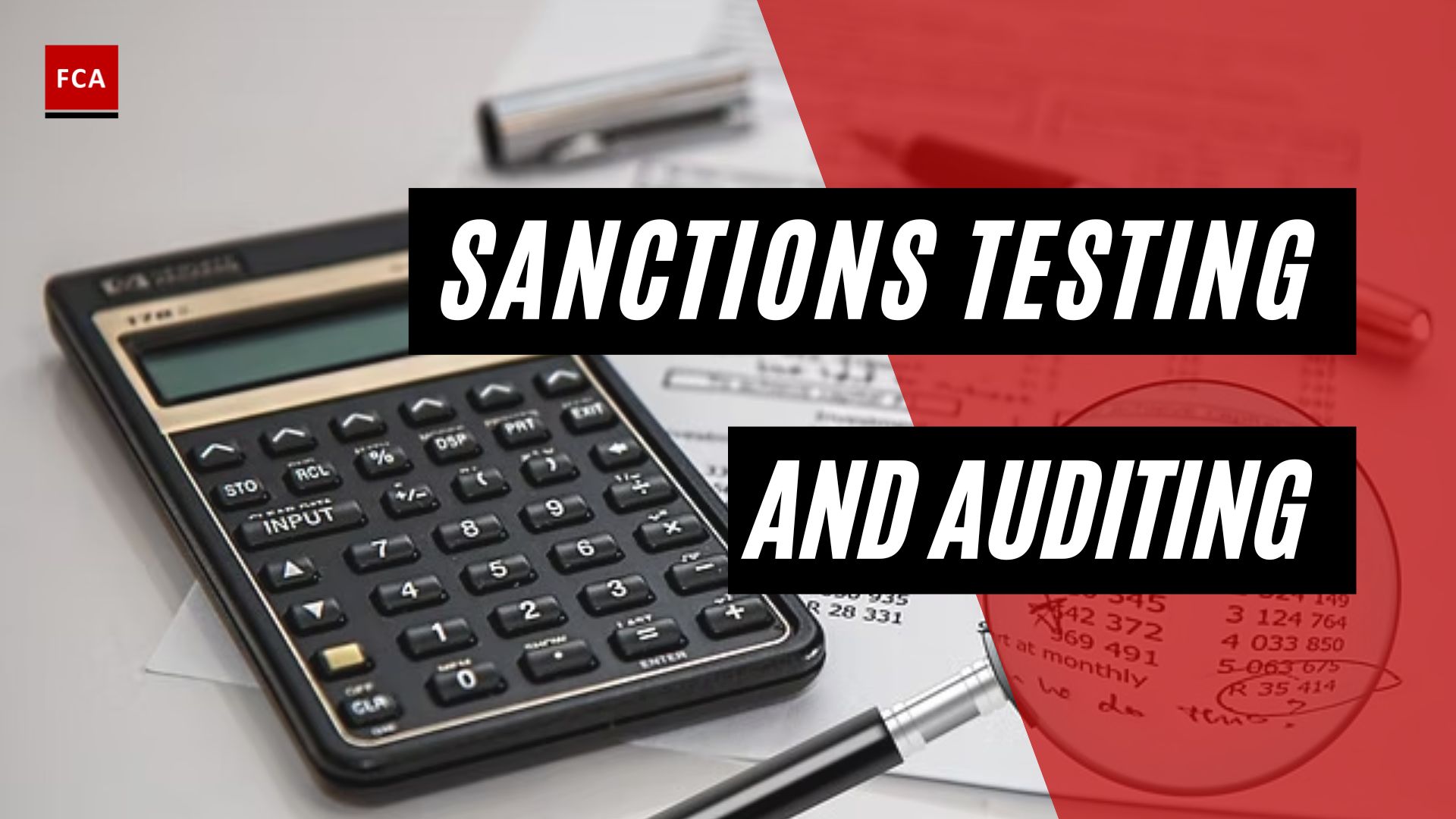Blocking statutes protects companies from sanctions by prohibiting them from complying with them and refusing to recognize foreign court rulings that enforce them. A blocking statute protects companies in its jurisdiction from sanctions by prohibiting them from complying with them and refusing to recognize foreign court rulings that enforce them.

The Blocking Statutes
A subject that is closely related to the extraterritoriality of sanctions is called the blocking statutes. A blocking statute is a law enacted by one jurisdiction to prevent the application of a law enacted by another jurisdiction. In 1996, the European Union proposed a blocking statute to overturn a US trade embargo on Cuba as well as sanctions against Iran and Libya that affected countries trading with the US and the named countries. Because the disagreements were resolved through other means, the 1996 statute was not enacted.
In 1996, largely as a countermeasure to the US extraterritorial sanctions against Cuba and Iran, the EU passed legislation to address the US application of extraterritoriality. This is referred to as the “blocking regulation.” It can be found in Regulation number 2271/96. These regulations essentially ban Member States from complying or assisting the US in enforcing the restrictions imposed under these sanctions. Up until May 2018, the legislation was largely ignored.
However, on May 8, 2018, US President Donald J. Trump announced his decision to cease US participation in the Joint Comprehensive Plan of Action (JCPOA), or Iran nuclear deal, and to begin re-imposing the US nuclear-related sanctions that had been lifted as part of that agreement. In response, the European Commission launched the process to activate the EU blocking regulation by updating the list of US sanctions on Iran falling within its scope.

Final Thoughts
A blocking statute is a law enacted by one jurisdiction to prevent the application of a law enacted by another jurisdiction in that jurisdiction. The European Union proposed a blocking statute in 1996 to nullify a US trade embargo on Cuba as well as sanctions on Iran and Libya that affected countries trading with the US and the named countries. The 1996 statute was never enacted because the disagreements were resolved through other means. A blocking statutes protects companies in its jurisdiction from sanctions by prohibiting them from complying with them and refusing to recognize foreign court rulings enforcing them.









